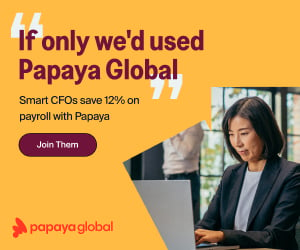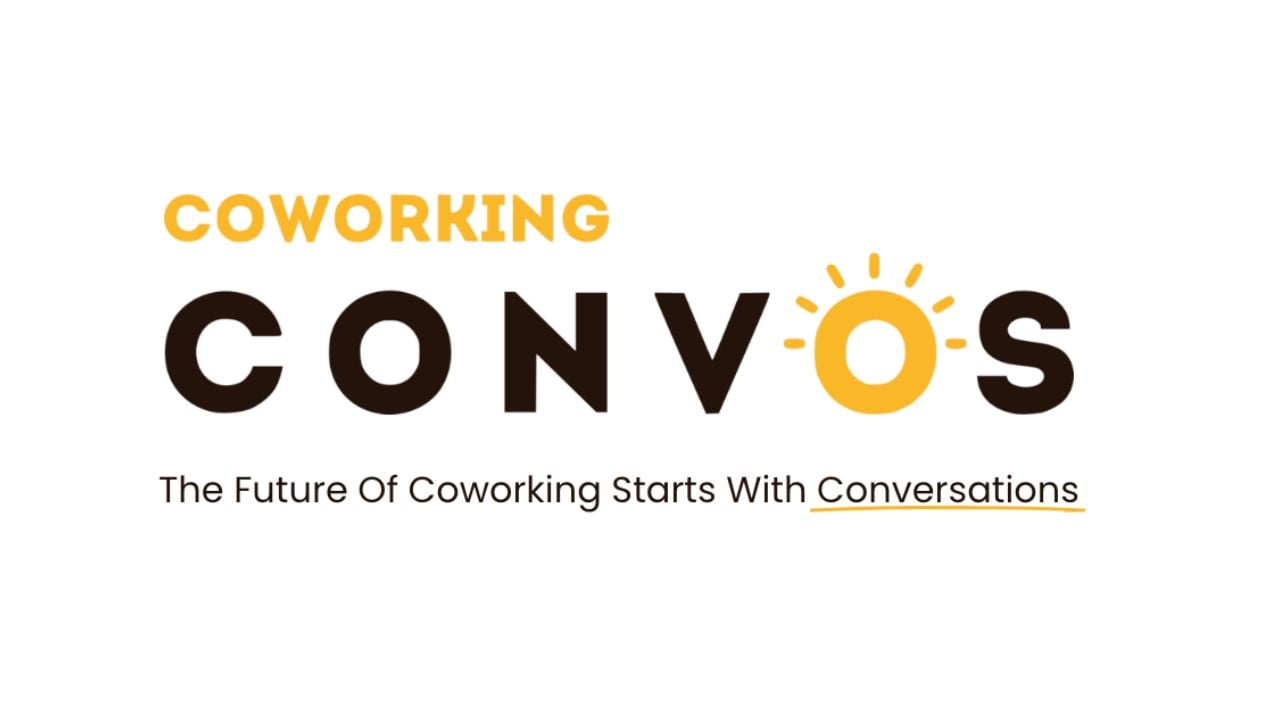Mark Dixon, CEO of International Workplace Group, believes that his company’s model is sustainable as its main competitor WeWork tries to recover from a rough few weeks.
Over the past two decades, Dixon has been building a network of flexible office spaces through brands such as Regus, Spaces and HQ, is roughly 10 times the size of WeWork and is actually profitable. More so, IWG’s stock on the London Stock Exchange has soared over 60% in the last year.
While the two companies have similar basic business models, IWG gets most of its revenue from selling its customer services. It also operates through landlord partnerships, which reduces risks for both parties.
Despite this, Dixon knows what it can be like to fall from grace. In 2003, Regus filed for bankruptcy due to its rapid growth (sound familiar?) in the lead-up to the dot-com bust.
“But once you’ve made that mistake, you never make that mistake again,” said Dixon. “We are super cautious. You have to plan your business from the day you make your investment and get the right mix of customers and the right mix of revenues. We are getting 28 percent of our revenue from services. WeWork only had 5 percent of revenue from services. It’d be like having a hotel where you give all the food and drink away, and room service is free. You might have a full hotel, but you just cannot make any money.”
Now that he is back on top, Dixon knows a thing or two about how to sustain in this relatively uncertain industry.

 Dr. Gleb Tsipursky – The Office Whisperer
Dr. Gleb Tsipursky – The Office Whisperer Cat Johnson – Coworking Marketing Maven
Cat Johnson – Coworking Marketing Maven Angela Howard – Culture Expert
Angela Howard – Culture Expert Drew Jones – Design & Innovation
Drew Jones – Design & Innovation Andrea Pirrotti-Dranchak – Competitive Advantage
Andrea Pirrotti-Dranchak – Competitive Advantage Jonathan Price – CRE & Flex Expert
Jonathan Price – CRE & Flex Expert Jeremy Fennema – Tech Innovation Alchemist
Jeremy Fennema – Tech Innovation Alchemist












